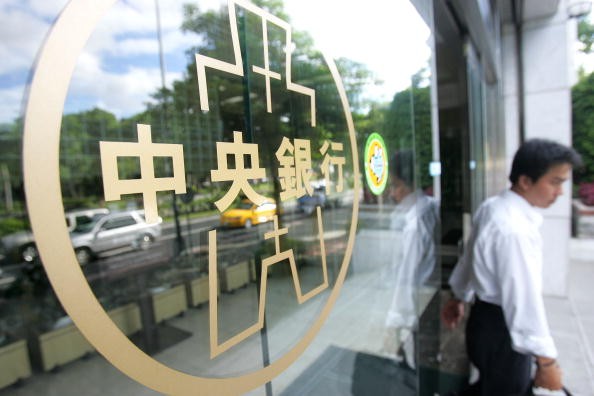To support Taiwan economy, Premier Lin Chuan has revealed on Thursday an 882.4 billion Taiwan dollar ($29 billion) stimulus package. The announcement was made amid of uncertainty from the United States and China, Taiwan’s two largest trading partners.
Though Taiwan’s export-driven economy is exhibiting signs of recovery, it remains at risk with U.S.’s protectionist policies, growing competition from manufacturers in China, and political conflicts with Beijing.
U.S. President Donald Trump’s “America First” policy which requires U.S. companies to manufacture their goods inside the country. Otherwise, the firms will face heavy duties.
China and Taiwan have long been in political tensions as Taiwan resists the “One China” policy. Taiwan seeks to become independent from Beijing.
In a news conference following the rate decision, Central Bank Chief Perng Fai-nan said that the stimulus package would cause an estimated economic expansion of 2 percent this year. The well-flagged stimulus plan will cover eight years.
Based on the government’s proposal, the infrastructure development will aim rail, water, green energy and the digital economy. Other projects will target to even out urban-rural divide.
Around 40,000 to 50,000 jobs can be potentially made through the stimulus plan, according to the cabinet.
Unsurprisingly, Taiwan’s central bank maintained its key policy rate following its quarterly policy meeting. The central bank mentioned signs of trade-dependent economic recovery and mild inflation as a defense to its reactionary decision.
The bank also warned of hesitations over U.S. policy and risks from large and frequent in-and-out Taiwanese capital flows, which, according to the bank, was having an effect on the country’s financial markets.
In a statement, the central bank said that “in order to support the economic recovery, it is necessary to maintain a moderately easy monetary policy. We believe that maintaining an unchanged policy rate will help the overall economic and financial development.”
The stimulus package still needs to be approved by the parliament before it can bring about changes in Taiwan's economy.



























